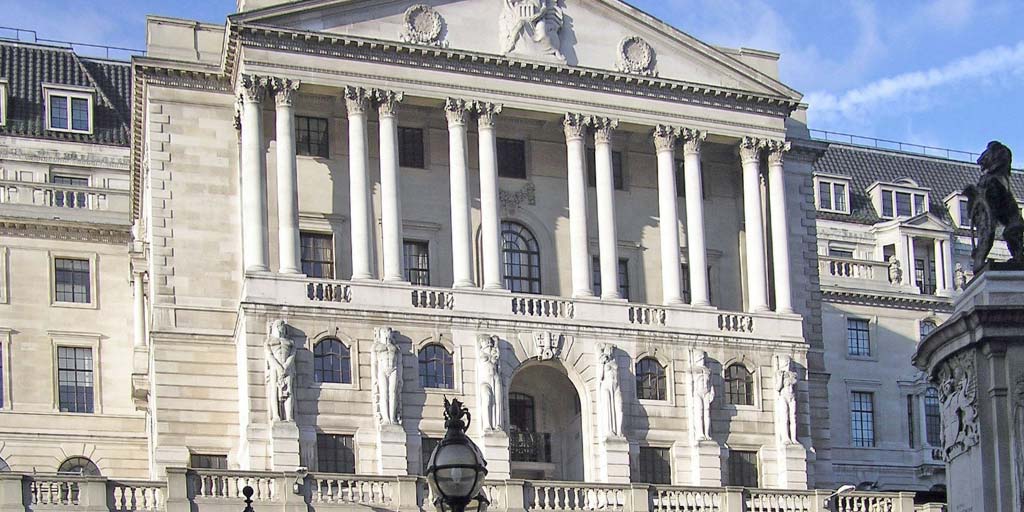This information should not be interpreted as financial, tax or legal advice. Mortgage and loan rates are subject to change.

Category: base rate
The Monetary Policy Committee (MPC) of the Bank of England today voted to hold the Base Rate at 5.25%, in keeping with industry expectation, but perhaps in contrast with that of some of the general public.
The announcement of a general election led some people to believe a drop in the Base Rate may come in June, but of course the decision is in the hands of the MPC, and not the politicians. Today they voted to hold again, for the seventh vote in a row.
When meeting in May the message from the MPC was that whilst progress was being achieved, the objective of reaching and maintaining inflation of 2% had still not yet been met.
Inflation data just out
Inflation sat at 2.3% in April and the May figure – announced on Wednesday 19th June – dropped to 2%, the government set target.
Speaking on news of inflation, and with the election ahead of him, Rishi Sunak had this to say on hitting target inflation:
It is because of that economic stability that we have restored, which was my priority when I got this job, that we have now been able to start cutting people’s taxes.
If I win this election, I want to keep doing more of that.
Inflation is a key influencing factor contributing to decisions around the Base Rate, and it is important to fully recognise that the objective is not just to get to 2%, but to hold that rate over a sustained period.
The risk being that if it is met, then the Base Rate is reduced, this will fuel a spike in consumer spending that will send inflation back on an upwards trajectory.
Consumer Prices Index, the main measure for inflation, fell in April due to reductions in energy prices, which resulted from the drop in the energy cap – a threshold set by Ofgem, the energy regulator in Great Britain - for the maximum price that can be charged, by any energy provider, for a unit of energy.
Why has the Base Rate held again?
Whilst some people felt an election may mean mortgage rates would come down, wage growth has increased to 6%, which is its highest rate of growth since 2021 and is exceeding CPI inflation which is currently 3.4%.
The cost of living is still rising, but much more slowly than when inflation was 11.1% in October 2002.
What’s more, it is common place that the Base Rate is not changed during the run up to an election.
And, the reality is that any uncertainty in the money markets also results in caution. So, couple these factors with uncertainty across the channel, brought about by President Macron’s shock decision to call an election – greatly unexpected because his party’s competition are ahead according to EU election exit polls – and various conflicts around the world, there is no current motivation to make any change to the Base Rate.
How will mortgage rates be affected?
Many lenders are in no position to soften their mortgage rates, and the holding of the Base Rate is just one reason why.
Some lenders priced their mortgage rates more keenly at the beginning of the year and cannot afford to bring rates down now, as they need to generate income.
Others generated the revenue they needed at the beginning of the year and now do not need to claw in more business, so they have no impetus to drop rates.
With the Base Rate holding this compounds this situation, and if any lenders risk dropping rates it is likely to be those who have not hit business targets and have to get deals through the door.
So, if you have been waiting for mortgage rates to drop and are risking sitting on your standard variable rate, it really is the time get the best deal you can.

